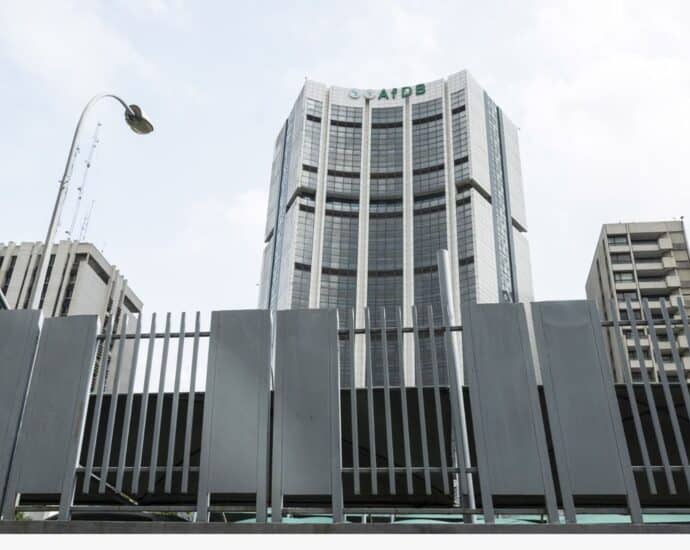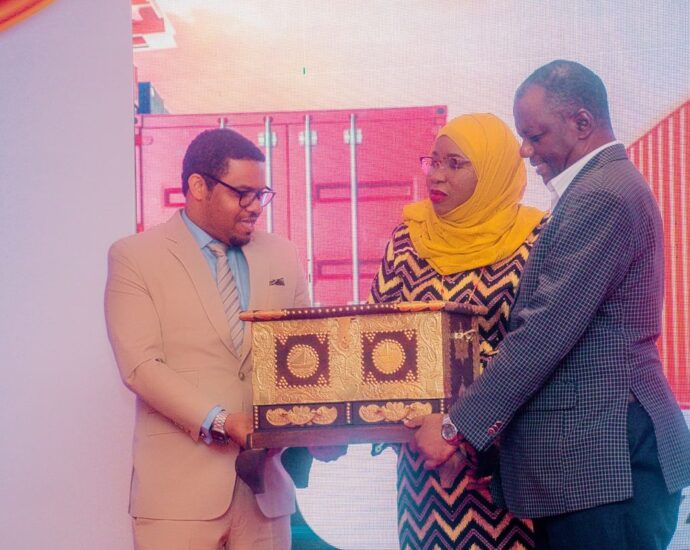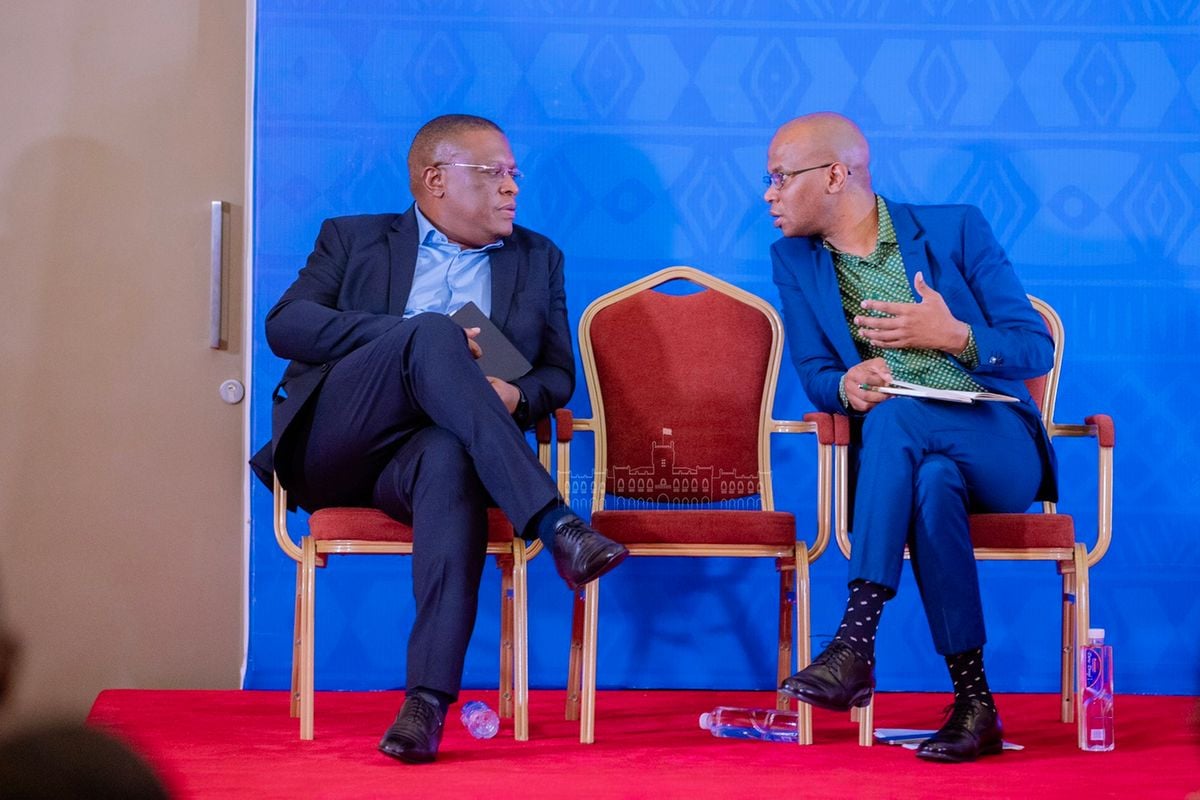Tanzania Sees Active Economic Surge
TANZANIA: TANZANIA is experiencing a transformative economic surge, driven by new infrastructure projects and strategic investments that are positioning the country as a burgeoning hub for regional commerce and innovation.
The nation’s economy has rebounded strongly, with a growth rate of 5.1 per cent in 2023, up from 4.7 per cent in 2022, according to the Minister of State in the President’s Office for Planning and Investment, Professor Kitila Mkumbo.
Presenting the state of the economy in Parliament in June, Prof Mkumbo highlighted that the Gross Domestic Product (GDP) reached 148.39976tri/-, up from 141.24719tri/- in 2022.
He attributed the growth to various government initiatives, including measures to mitigate the economic impact of the Ukraine-Russia war, as well as significant investments in energy, water, health, education and transportation infrastructure.
Additionally, increased mineral production, particularly in gold and coal and a rise in private sector loans have also fuelled economic activities.
Despite this progress, the GDP growth rate of 5.1 per cent fell slightly short of the annual target of 5.2 per cent due to challenges such as rising production costs, climate change effects on agriculture and damage to infrastructure, including bridges and roads.
Furthermore, aggressive monetary policies by developed countries to combat inflation have led to higher borrowing costs from international financial markets, impacting production activities.
Looking ahead, Tanzania’s economy is projected to grow by 5.6 per cent this year, with a long-term potential of around 6.0 per cent.
This optimistic outlook is supported by an improving business environment and ongoing structural reforms.
Enhanced investment in the agriculture sector, which employs three-quarters of the population, is expected to further reduce poverty in the medium term.
Tourism, now surpassing pre-pandemic levels, is another key driver of growth. According to Bank of Tanzania (BoT) data, tourism earnings reached 2.999 billion US dollars for the year ending July 2023, up from 1.95 billion US dollars in the same period of 2022.
ALSO READ: Tanzania’s economy spurs Russian ties
Inflation remained stable at 3.10 per cent in June, supported by tight monetary policies and stable food and energy prices. However, the Tanzanian shilling depreciated by 8 per cent in 2023 due to foreign exchange shortages.
The fiscal deficit slightly decreased from 3.6 per cent of GDP in 2021/22 to 3.5 per cent in 2022/23, managed through expenditure controls and financed by both external and domestic borrowing.
Tanzania’s recent economic growth aligns closely with the objectives outlined in the Third Five-Year Development Plan (FYDP III) and the ruling party’s CCM 2020-2025 election manifesto.
The FYDP III, running from 2021 to 2026, aims to transform Tanzania into a middle-income country through strategic investments in infrastructure, industry and human capital.
Key projects under this plan include expanding the Standard Gauge Railway (SGR), modernising ports, airports, road networks and investing in energy and water infrastructure.
Similarly, the ruling party’s election manifesto emphasises sustainable economic development through initiatives that support the Five-Year Plan’s goals.
This includes prioritising economic growth, increasing agricultural productivity, advancing industrialisation and enhancing social services such as health and education.
Recent economic data, including the 5.1 per cent GDP growth in 2023, reflect progress towards these goals.
The growth results from strategic government investments, increased mineral production and a more active private sector, all in line with the FYDP III and the ruling party’s vision.
Despite challenges like rising production costs and climate change, Tanzania’s economic policies remain focused on achieving the targets set forth in the development plan and manifesto, aiming for sustained growth and development.
Transformative investments in infrastructure are driving Tanzania’s economic growth.
Projects such as the standard gauge railway are expected to link neighbouring landlinked countries like Rwanda, Burundi and the Democratic Republic of Congo with the port of Dar es Salaam.
Additionally, several major infrastructure projects are underway these include Julius Nyerere Hydropower Project (JNHPP): Located along the Rufiji River.
This project is expected to generate 2,115 MW of electricity to address the energy deficit and support industrialisation efforts.
Financed domestically, the 2.9 billion US dollars project is in its final stages, with three turbines already generating 662 MW.
The other flagship project is the Kigongo-Busisi Bridge: Also known as the Mwanza Gulf Bridge, this 3.2-kilometre bridge, named after fifth phase President the late John Magufuli, is expected to be the longest bridge in Eastern and Central Africa and the sixth longest in Africa. It links Kigongo in Mwanza Region to Busisi in Geita Region, with an estimated cost of 716.3bn/-.
East African Crude Oil Pipeline Project (EACOP) is another notable project being implemented by the government.
A joint venture with Uganda, this project will transport oil from Uganda’s Lake Albert oilfields to the port of Tanga in Tanzania, where it will be exported to global markets.
These investments are set to enhance trade, improve connectivity and boost business opportunities, further solidifying Tanzania’s position as a key player in regional economic growth.
Source: allafrica.com




















